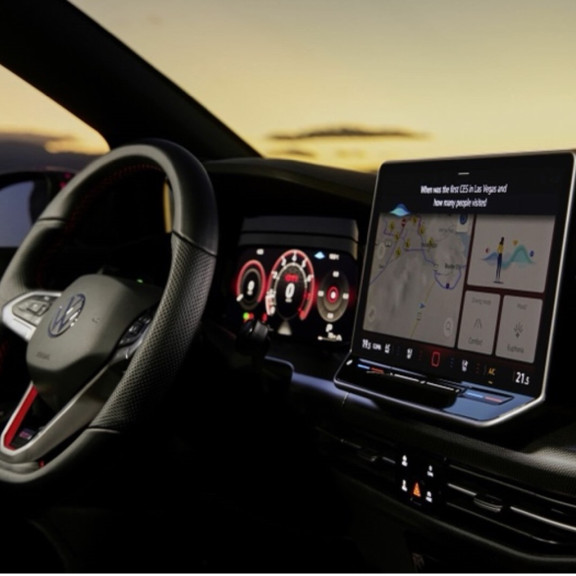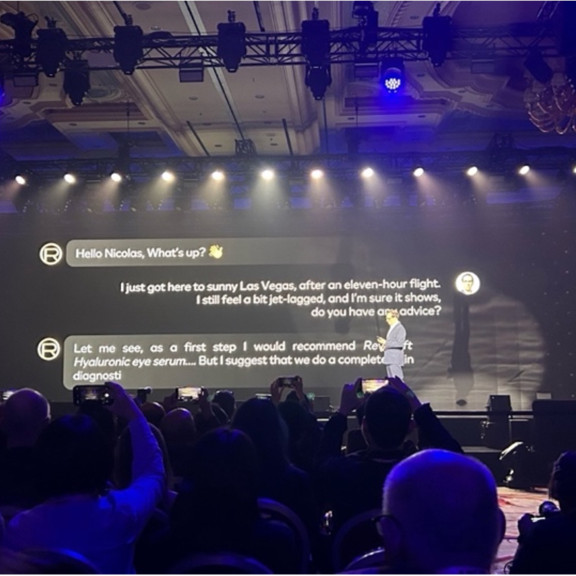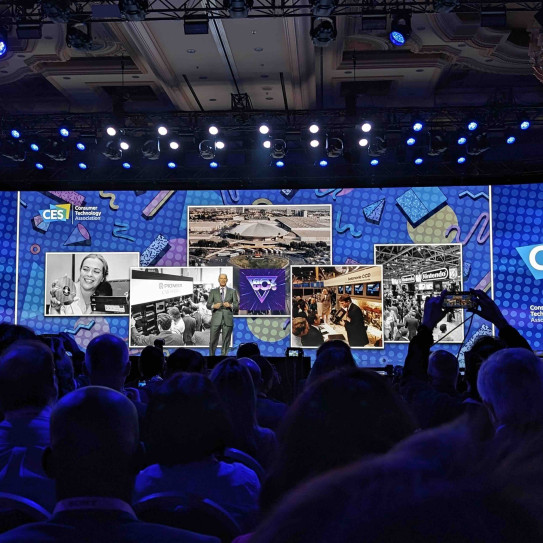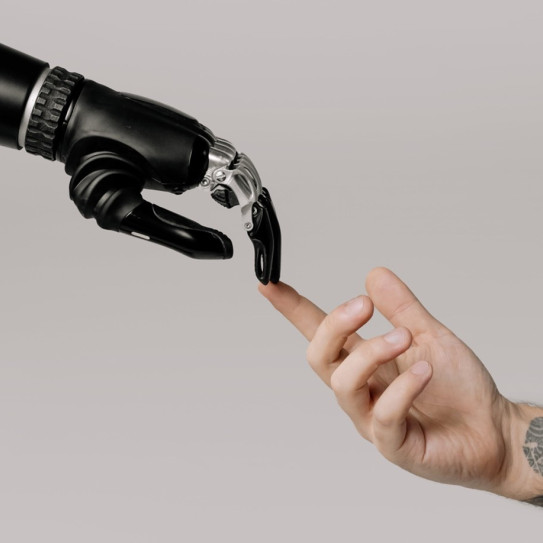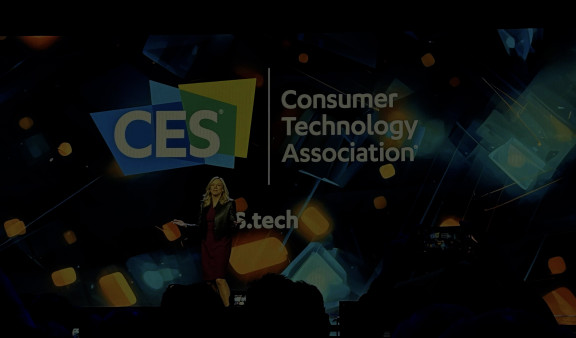
CES 2024: Will generative AI revolutionise the entire tech landscape?
2024 is the centenary of the CTA (Consumer Technology Association), which organises the annual Consumer Electronics Show (CES) in Las Vegas. This leading trade show for innovations in tech achieved a record attendance this year: no less than 135 000 visitors and more than 4300 exhibitors gathered at the event, reflecting the continued interest in technology’s power to shape the future.
Generative AI stole the show this year, taking the spotlight during the talks and exhibitions, with the promise of revolutionising the digital realm.
The growing importance of generative AI for technological innovation
A simpler and smoother user experience through generative AI
Generative AI’s meteoric rise is clear to see and was perfectly illustrated at CES. The way we interact with our digital ecosystem is set for a major transformation. Both at work and in our day-to-day lives, communication will be seamless and conversational in this new age.
Recent innovations have removed barriers standing in the way of smooth interactions. Communication used to be hit-and-miss, particularly with chatbots and their highly limited ability to provide satisfactory responses. Generative AI, on the other hand, brings a more human dimension.
This change is being manifested in various sectors, each one adapting it to fit its specific ecosystem. We are currently in a learning phase, moving from experimentation to contextual education.
As for generative AI, it was to be found everywhere with numerous vehicle manufacturers present at CES, including Volkswagen, Mercedes, Honda and KIA. Volkswagen’s new IDA voice assistant deserves special mention. This feature is expected to be included in all of the manufacturer’s IDx electric models by the end of 2024. The assistant can control the vehicle’s various functions, including navigation, music and air-conditioning, and can also be used for general conversation.
Users can connect their phone to the car simply by using their voice to command the assistant. Instead of referring users to the manual, the assistant offers step-by-step guidance through the vehicle’s menus. What’s more, it can activate air-conditioning at a specific temperature and even help answer questions for child passengers, like “what is there to do in Toulouse this afternoon?”.
The solution adopted by Volkswagen was developed through a partnership with Cerence, a provider of AI-powered assistants. This collaboration involved the use of ChatGPT and other large language models (LLMs) to answer more than 10,000 questions that are specific to the car maker. If the system is unable to respond to a request, ChatGPT rewrites and simplifies the question, and then passes it on to the system anonymously. This means that the ChatGPT service has access to none of the vehicle’s data. Questions and answers are immediately deleted to ensure the highest level of data protection.
While there is still room for improvement, the assistant is increasingly adept at understanding natural language. It is, for example, able to identify controversial questions and ignore them, which significantly improves the experience.
Generative AI in the workplace: a threat or an ally?
With generative AI, our ability to adopt new technology at work will be decisive, particularly with the emergence of intelligent assistants. How do we adjust to a tool with capacities that exceed our own in certain areas? This is a major challenge that requires us to reconsider our usual work methods, to make sure we get the most out of these advances. If we remain attached to our old ways of working, we run the risk of being overtaken by those who have evolved by exploiting new technology to improve their performance. It’s time to test and learn to use these assistants in our jobs, to identify the most interesting use cases and their limits, to measure the value generated and, above all, to define the required level of data security and privacy.
This 57th edition of CES emphasized the growth of use cases that are augmented by generative AI and the increasing power of computer vision. While these tech innovations are set to disrupt the way we interact with “machines”, we are only just beginning to experiment with them and learn about their capacities. We are truly stepping into the age of Artificial Intelligence!
